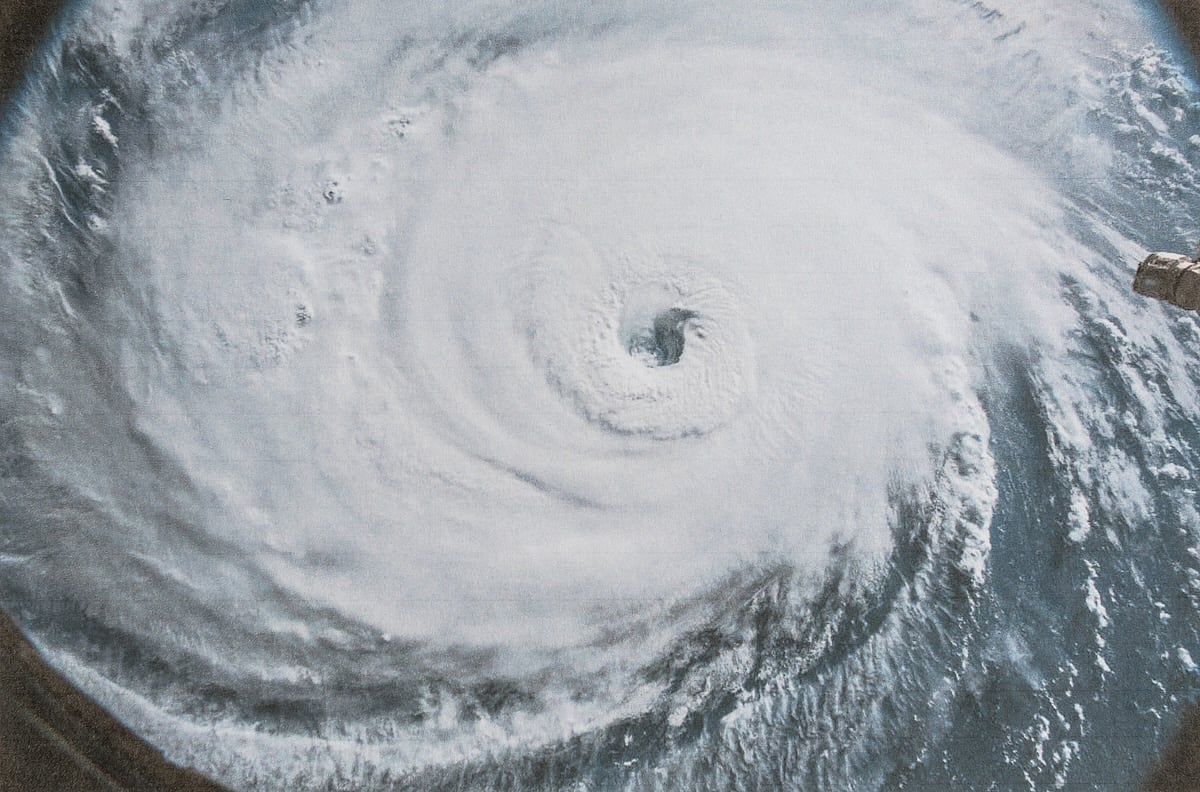Get Healthy!

- Dennis Thompson
- Posted April 14, 2025
Natural Disasters Increase Cancer Risk
Natural disasters fueled by climate change might wind up increasing cancer deaths, a new study suggests.
Rates of colon cancer diagnoses dropped during and after Hurricanes Irma and Maria hit Puerto Rico two weeks apart, as well as during the COVID-19 pandemic, researchers reported April 14 in the journal Cancer.
However, late-stage colon cancer diagnoses wound up later exceeding expectations, researchers noted.
All told, this suggests that the hurricanes limited people’s access to screening services, and as a result their colon cancer wasn’t caught at an earlier, more treatable stage, researchers concluded.
“These findings suggest that limited health care access during these events may have delayed cancer detection and may have worsened health outcomes,” co-lead researcher Tonatiuh Suárez-Ramos of the University of Puerto Rico Comprehensive Cancer Center said in a news release.
For the study, researchers analyzed data kept in the Puerto Rico Central Cancer Registry, which maintains information on all cancer cases diagnosed and treated there. The data spanned 2012 to 2021.
More than 18,500 people received a first-time diagnosis of colon cancer during that period, researchers wrote.
Based on trends, the expected number of colon cancer cases in September 2017 -- the month after Irma and Maria hit -- would have been 161. Instead, only 82 cases were diagnosed that month, half as many as expected.
A second decline occurred following pandemic lockdown restrictions, researchers noted. In April 2020, only 50 colon cancer cases were diagnosed, three times fewer than the 162 cases that would have been expected.
By the end of the study, the number of people diagnosed with early-stage colon cancers did not reach expected numbers, but those with late-stage colon cancer exceeded expectations.
“We believe that these changes in trends after the hurricanes and the COVID‐19 pandemic were caused by disruptions in the availability and continuity of oncology services,” the researchers concluded in their paper.
Such disruptions in screening could lead to more colon cancer cases “diagnosed at later stages in the future, which potentially can lower survival rates,” they added.
Climate change is making these natural disasters more common, as increasing temperatures bring on more intense storms, devastating wildfires and rising sea levels, according to the U.S. Geological Service.
Health care systems need to plan for such disasters and find ways to get people the cancer screenings they need, senior researcher Karen Ortiz-Ortiz, an investigator at the University of Puerto Rico, said in a news release.
“Ultimately, our goal is to help people live longer, healthier lives by making health care systems more resilient and accessible, even in times of crisis,” she said.
More information
The American Cancer Society has more on colon cancer screening.
SOURCES: Wiley, news release, April 14, 2025; Cancer, April 14, 2025







